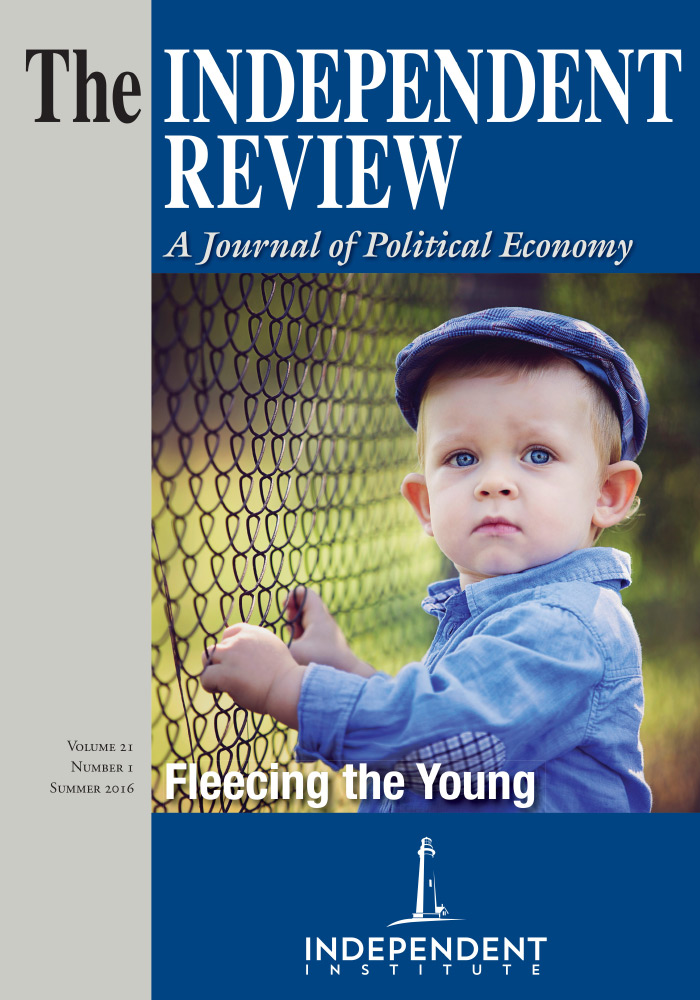U.S. policies of drug eradication in Afghanistan have not only failed to end the opium trade, but they’ve also undermined the goals of the war on terror. By creating numerous perverse unintended consequences, the U.S. interdiction efforts have strengthened the Taliban insurgency and undercut the broader goals of the occupation.
Christopher J. Coyne is a Senior Fellow at the Independent Institute, Professor of Economics at George Mason University, and Co-Editor of The Independent Review.
Abigail R. Hall is a Senior Fellow at the Independent Institute, and an Associate Professor of Economics at the University of Tampa.
Scott Andrew Burns is an associate professor of economics at Southeastern Louisiana University in the Department of Management and Business Administration.
| Other Independent Review articles by Christopher J. Coyne | ||
| Spring 2025 | The Nuclear Ratchet: Crisis, Leviathan, and Atomic Weapons | |
| Spring 2025 | What’s the Worst That Could Happen?: Existential Risk and Extreme Politics | |
| Spring 2024 | Murray Rothbard on War and Foreign Policy | |
| [View All (48)] | ||
| Other Independent Review articles by Abigail R. Hall | ||
| Spring 2025 | Extensions and Expansions of the Ratchet Effect: An Introduction to the Symposium | |
| Spring 2025 | The Nuclear Ratchet: Crisis, Leviathan, and Atomic Weapons | |
| Spring 2023 | How to Run Wars: A Confidential Playbook for the National Security Elite | |
| [View All (11)] | ||
| Other Independent Review articles by Scott Andrew Burns | |
| Winter 2024/25 | Economic Calculation and the Role of Prices in Privatization |
| Spring 2022 | The Magic Money Tree and Other Economic Tales |
| Spring 2016 | How Would You Like to Pay?: How Technology is Changing the Future of Money |











